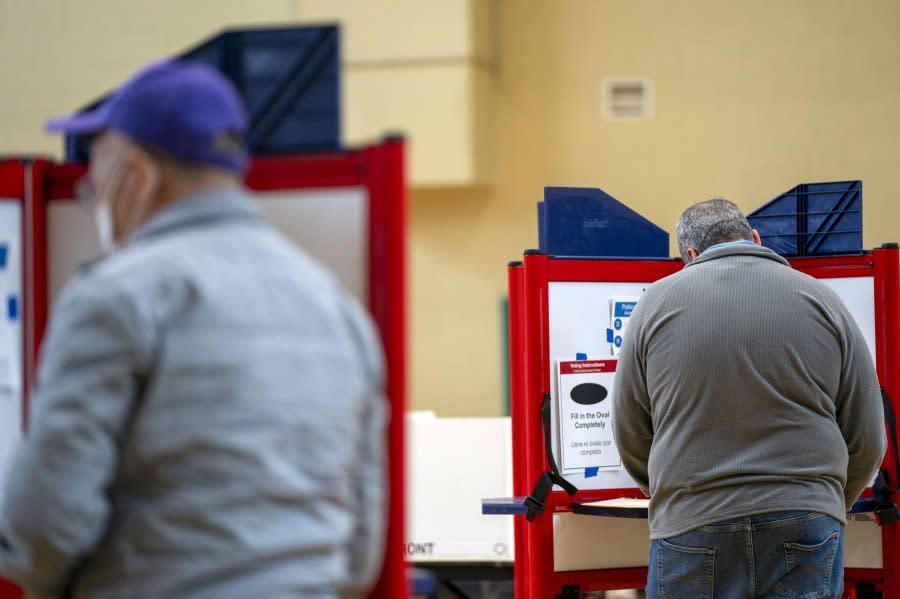Federal appeals court ruling strikes down private lawsuits under Voting Rights Act

Nov. 20 (UPI) -- A federal appeals court ruling Monday struck down significant enforcement of the Voting Rights Act in seven states by giving only the federal government -- and not citizens or private groups -- the right to sue.
The case is expected to be challenged all the way to the U.S. Supreme Court.
The three-judge panel of the 8th Circuit, which covers Arkansas, Iowa, Minnesota, Missouri, Nebraska, North Dakota and South Dakota, ruled that only the U.S. attorney general can bring suit under Section 2 of the Voting Rights Act of 1965, despite decades of cases brought by private plaintiffs.
Judge David Stras -- an appointee of former President Donald Trump -- and Judge Raymond Grounder -- an appointee of former President George W. Bush -- wrote the majority opinion. Chief Judge Lavenski Smith, another Bush appointee, dissented.
"After reviewing the text, history, and structure of the Voting Rights Act, the district court concluded that private parties cannot enforce Section 2," the judges wrote Monday. "The enforcement power belonged solely to the Attorney General of the United States."
The original lawsuit, which was filed by Arkansas' NAACP, alleged the state's legislative districts violated the Voting Rights Act by diluting the voting power of Black voters. Monday's circuit court ruling affirmed a lower-court judge's ruling last year that the NAACP and others had no private right of action to bring the lawsuit in the first place.
"If this ruling were allowed to stand, it would decimate the Voting Rights Act," Rick Hasen, an election law expert at the UCLA School of Law, said Monday adding that private groups -- and not the Justice Department -- file the majority of Voting Rights lawsuits.
"Since the original Arkansas opinion came down, I think there have been 15 decisions by other courts around the country about whether Section 2 includes private right of action and all but one of held like, of course it does," said Michael Li, a redistricting expert at the Brennan Center for Justice.
Arkansas Attorney General Tim Griffin applauded Monday's ruling.
"For far too long, courts across the country have allowed political activists to file meritless lawsuits seeking to seize control of how states conduct elections and redistricting," Griffin said in a statement. "This decision confirms that enforcement of the Voting Rights Act should be handled by politically accountable officials and not by outside special interest groups."
The ACLU's Voting Rights Project director Sophia Lin Lakin, who argued the NAACP's case in front of the appellate court, disagreed.
"The ruling has put the Voting Rights Act in jeopardy, and is very cavalierly tossing aside critical protections that voters have very much fought and died for."

 Yahoo News
Yahoo News 
